Geography
Geography Curriculum at St. Stephen's
A high-quality geography education should inspire in pupils a curiosity and fascination about the world and its people that will remain with them for the rest of their lives. Teaching should equip pupils with knowledge about diverse places, people, resources and natural and human environments, together with a deep understanding of the Earth’s key physical and human processes. We believe that as pupils progress, their growing knowledge about the world should help them to deepen their understanding of the interaction between physical and human processes, and of the formation and use of landscapes and environments. Geographical knowledge, understanding and skills provide the frameworks and approaches that explain how the Earth’s features at different scales are shaped, interconnected and change over time. Our curriculum reflects this, with skills and learning being built on as children progress through the school.
Our Intent
- To inspire in our children a life-long curiosity and fascination about the world and its people.
- To equip pupils with knowledge about diverse places, people, resources and natural and human environments.
- To develop and understanding of the interaction between physical and human processes.
- To provide a framework for learning so that children become aware of themselves as integral members of an interdependent world.
- To understand how the Earth’s features at different scales are shaped, interconnected and change over time.
- To develop an understanding of human and individual’s role in the climate crisis and to reflect on the question: “How can I improve the choices I make for the benefit of the planet?”
Our Implementation
- Using a curriculum based on locational knowledge and observational skills, alongside an extensive variety of fieldwork activities.
- Timetabling regular lessons and using Oddizzi for planning, alongside atlases, mapping, VR and other resources.
- Taking advantage of the benefits of outdoor learning opportunities with Forest school learning, field trip visits to local areas and school journey to make learning memorable.
- Beginning each topic with a “Topic toolkit overview” starter page, coupled with with an interesting stimulus/ hook to raise curiosity and questions about the topic .
- To use personal and family knowledge of a range of places to make them ‘come alive’ and be relatable as well as collaborative learning in class.
- By encouraging debate, questioning and extensive comparison between places studied and the UK, so that children can see similarities, differences and trends.
- Assessments- checking learning through topic toolkit assessments at the end of each block.
Our Impact
Children gain an understanding of the physical and human world and processes in which they live and their impact upon it.
Children have a knowledge of place and location, linking local to national and global.
Children are able to utilise practical and fieldwork skills to locate, navigate, understand and compare a range of places.
Curiosity is awakened to seek further knowledge and ask how and why the world works as it does.
Our Geography Curriculum
- Curriculum Overview EYFS learning about the world.pdf
- web st-stephens-geography-curriculum-for-years-1-6.pdf
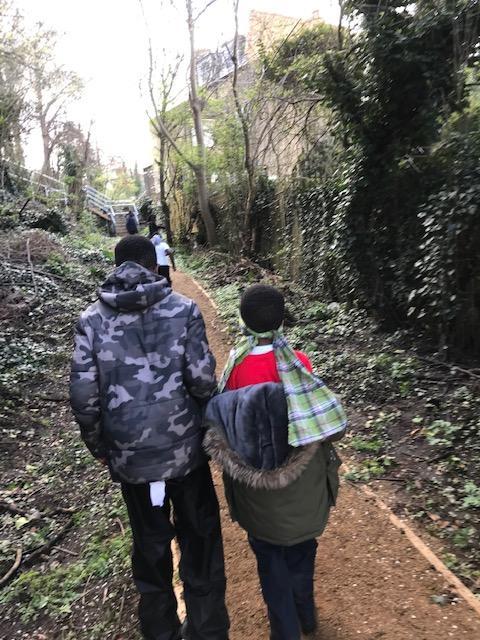
|
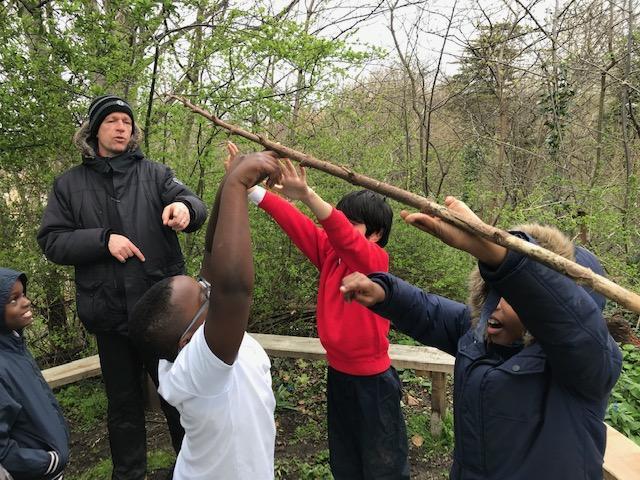
|
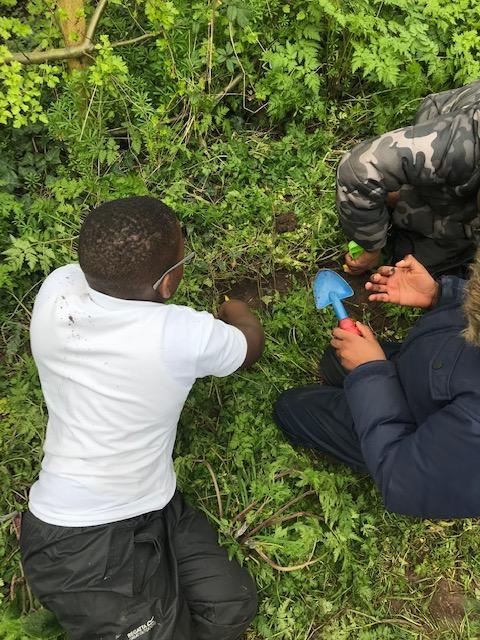
|
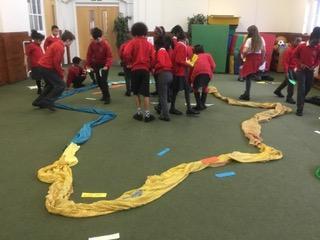
|
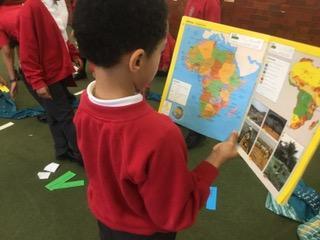
|
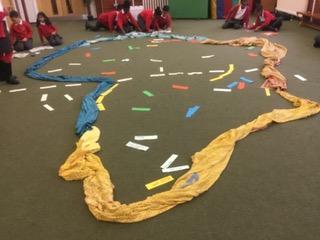
|
